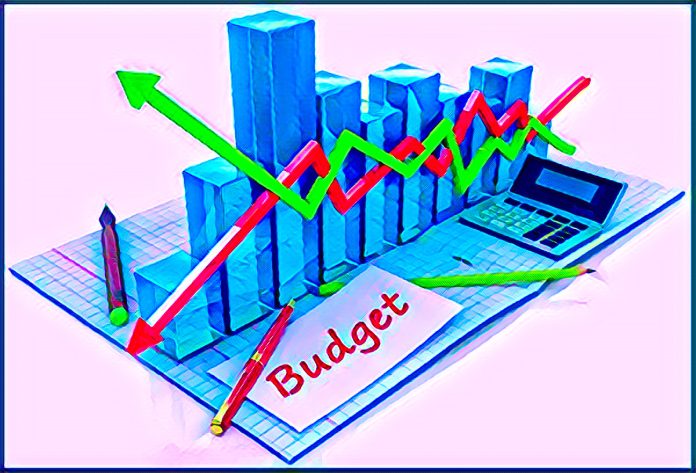Key Points
- Track every naira to create a budget that works.
- Prioritize savings to build a solid emergency fund.
- Cut unnecessary expenses to achieve financial stability in Nigeria.
Nigeria’s economy is characterized by inflation, currency volatility, and elevated unemployment, all of which directly affect personal budgets.
The National Bureau of Statistics (NBS) reports that Nigeria’s inflation rate reached 26.72% in September 2023, resulting in increased expenses for necessities such as food, transportation, and shelter.
Comprehensive guide to developing an effective budget
To construct an effective budget in Nigeria, commence by determining your overall revenue.
If you are a salaried employee, this is straightforward. Freelancers or side-hustlers should calculate their average revenue from the preceding three to six months, as recommended by the International Labour Organization (ILO).
Subsequently, enumerate all your expenditures. These should be classified as fixed expenses (rent, loans, tuition) and variable expenses (food, transportation, utilities, data subscriptions).
Numerous Nigerians overlook “concealed costs” such as banking fees or unforeseen levies.
After enumerating your expenses, implement a variation of the 50/30/20 rule. This guideline recommends distributing 50% of your income to necessities, 30% to desires, and 20% to savings and debt repayment.
In Nigeria, characterized by elevated inflation, consider allocating 50% for necessities (housing, food, transportation), 30% for savings and investments, and 20% for discretionary expenditures (wants, entertainment, presents).
Applications such as PiggyVest and Cowrywise facilitate the automation of savings.
Their “SafeLock” function secures cash for a predetermined duration, mitigating the urge for reckless expenditure.
Ultimately, monitor and modify your budget on a monthly basis. The costs of everyday commodities might surge abruptly due to fluctuations in gasoline prices or alterations in legislation.
Effective strategies for adhering to your budget in Nigeria
To adhere to your budget, reduce discretionary expenditures. Purchase from local markets instead than supermarkets, as Proshare Nigeria indicates that costs in local markets are frequently 20% lower.
Purchase goods in bulk and utilize prepaid meters for power, guaranteeing payment just for consumption.
The ILO reports that Nigeria possesses a rapidly expanding gig economy, characterized by a demand for skills such as graphic design, writing, and social media management.
Utilize modern instruments to automate savings. Applications such as PiggyVest, Cowrywise, and Kuda facilitate automated deductions from your account, enabling you to save prior to any expenditure.
PiggyVest indicates that customers increase their savings by 15% when utilizing automated savings compared to manual methods.
Ultimately, uphold discipline. McKinsey & Company discovered that those who consistently monitor their expenditures are 35% more likely to attain financial stability.
Employ the “cash-stuffing” technique, wherein currency is allocated into envelopes designated for each expenditure category.
Conclusion: Assert command over your finances today
Nigeria’s economy presents numerous financial issues, including inflation and currency volatility.
Establishing and adhering to a budget is crucial for navigating these challenges. By monitoring income, classifying expenditures, and prioritizing savings, one can attain financial stability.
Utilize instruments such as PiggyVest, Cowrywise, and budgeting spreadsheets to proficiently manage your finances. Through patience, consistency, and discipline, one can transform financial uncertainty into financial security.



